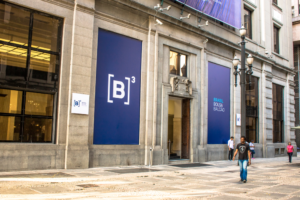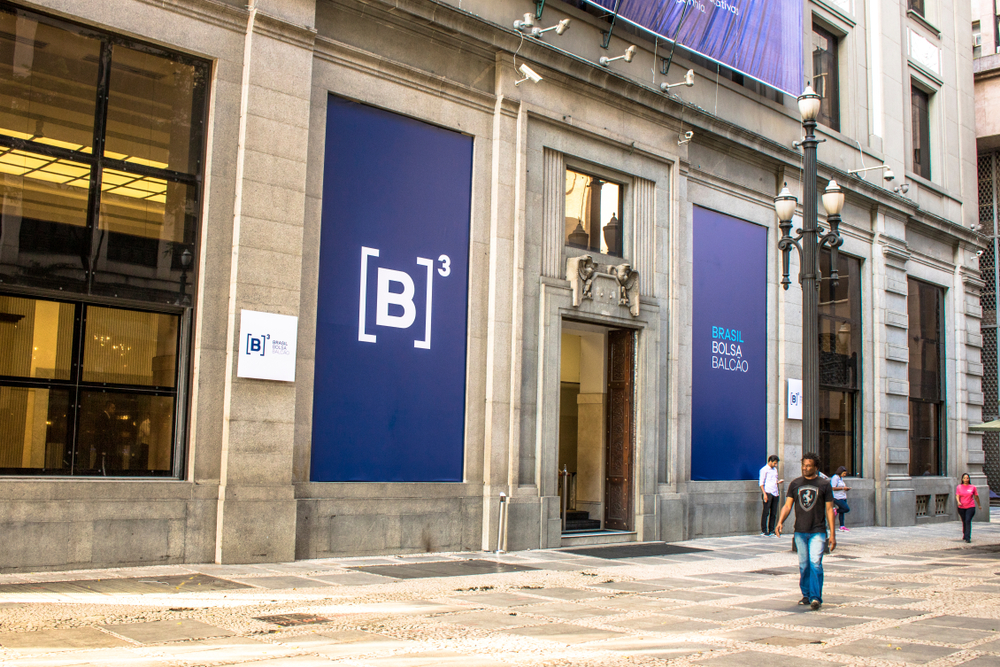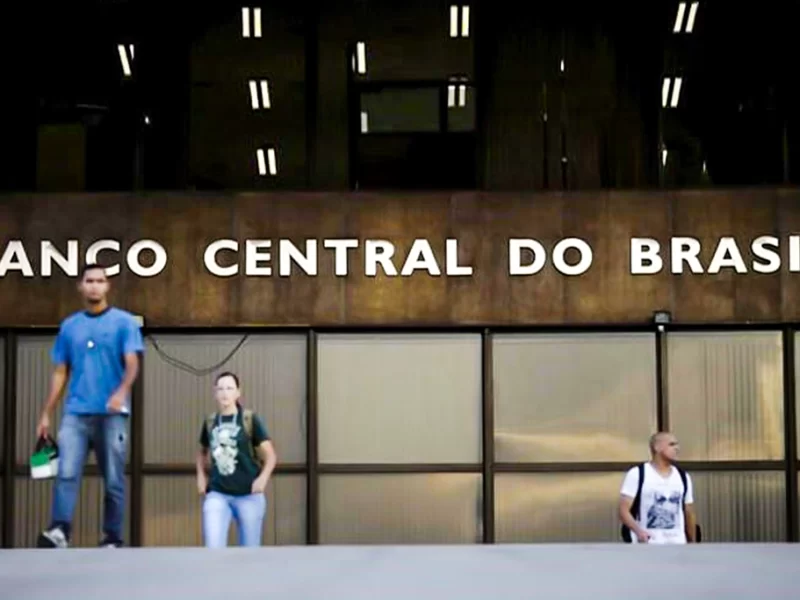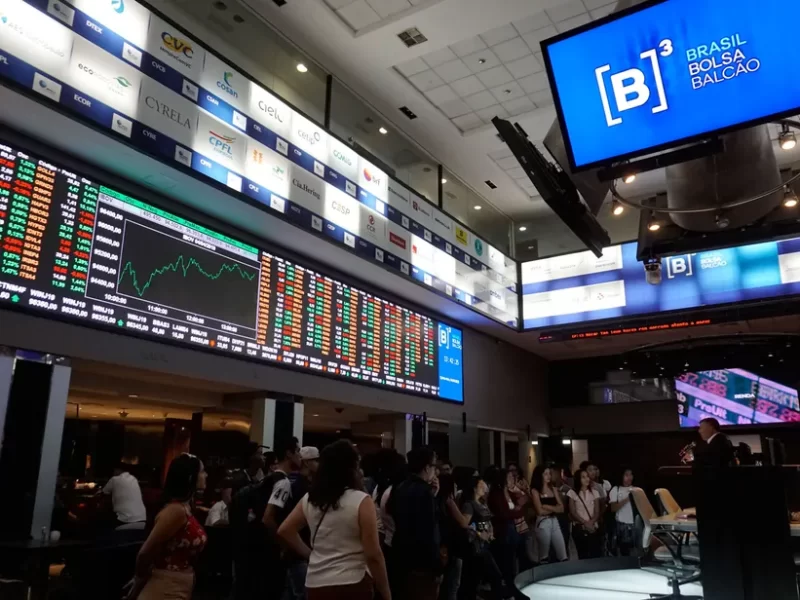The Brazilian stock market fell significantly on November 28, 2024, as investors reacted to an announcement of a new fiscal package.
Ibovespa, Brazil’s main stock index, fell 2.40% to 124,610.41 points, marking its biggest daily loss since January 2, 2023. This sharp decline occurred without the usual Wall Street support, as US markets closed for the day of Thanksgiving.
The lack of US trading activity left the Brazilian market more vulnerable to local economic news. The fiscal package, presented by Finance Minister Fernando Haddad, aimed to cut public spending by $71.9 billion over the next two years.
However, the market response was largely negative, focusing on the income tax exemption for salaries up to R$5,000 per month.
Economists expressed concern about the effectiveness of the package. Felipe Salto, chief economist at Warren Investments, estimated that actual fiscal savings would be only 62.7% of the government’s projection.


This discrepancy raised doubts about the ability to meet fiscal targets and stabilize the debt-to-GDP ratio. The US dollar hit a new nominal level against the Brazilian real, closing at R$5.9895, up 1.29%.
Brazil market turmoil
During the trading session, the dollar briefly crossed the R$ 6 mark, reflecting the increased risk aversion in the market. Cyclical stocks, which are more sensitive to macroeconomic factors, fell significantly.
CVC, a travel agency, fell more than 12%, partly due to a stronger dollar. Natura shares fell about 6%, erasing earlier gains despite a positive settlement with Avon Products’ creditors.
Among the heavyweights, Vale fell slightly despite the positive performance of iron ore in China. Petrobras shares fell for a fourth straight session, ignoring a small recovery in oil prices.
Export-oriented companies with revenue in dollars, such as JBS, Suzano, Klabin and WEG, were among the few gainers, with growth exceeding 2%.
The market reaction highlights investor concerns about Brazil’s fiscal stability and economic outlook. As the country navigates these challenges, the coming days could be crucial in determining market sentiment and economic direction.



